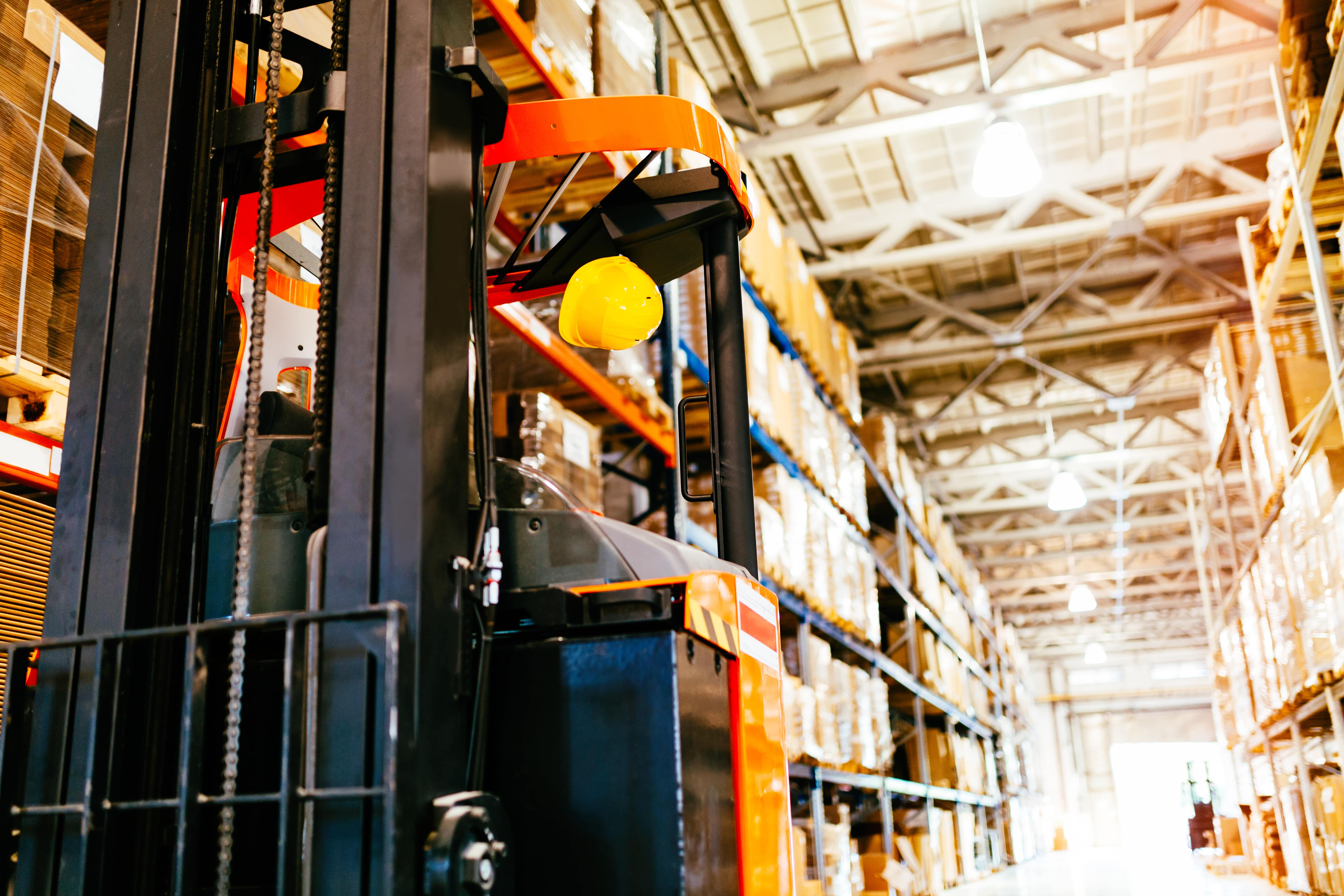Transforming Supply Chains: Insights from Gartner’s Latest Sessions
In the ever-evolving landscape of global supply chains, recent Gartner sessions have unveiled valuable insights that are shaping strategic agendas across industries. Here are the key takeaways, focusing on the challenges, opportunities, and technological advancements necessary for future readiness:
1. Challenges C-Suite is Addressing:
- Economic Uncertainties and Sustainability: CEOs are tackling persistent inflation, demand fluctuations, tariffs, regulatory, and geopolitical issues with a significant push to refine supply chain strategies that enhance resilience and environmental consciousness.
- Supply Chain Resilience: Amidst global disruptions, there is a concerted effort to develop strategies that not only withstand economic pressures and market changes but also move towards anti-fragility.
- Scope 3 Emission Management: There is an increasing emphasis on managing Scope 3 emissions, highlighting the need for transparency and efficiency across extensive supply networks.
- Digital Transformation: As digital technologies rapidly evolve, aligning organizational structures to leverage these innovations is a formidable challenge. With 78% of CEOs and 82% of CSCOs planning to enhance their digital capabilities, the push is stronger than ever.
2. Opportunities on the Horizon:
- AI and Machine Learning: With 42% of companies integrating AI into their supply chains, the opportunities to enhance decision-making and operational efficiency are vast.
- End-to-End Real-Time Visibility: The future is to leverage end-to-end visibility that touches all the way from suppliers to logistics, manufacturing, distribution, and the customer. This enables enhanced decision-making to improve customer satisfaction, reduce inventory, and lower costs.
- Ecosystem Collaboration: Expanding collaborations beyond traditional boundaries to include suppliers, partners, and customers is crucial for reducing costs, improving growth, and driving sustainability.
3. Technological Needs for the Present and Future:
- Digital Twins: These are crucial for achieving end-to-end real-time visibility, advanced analytics, and solving complex scenarios to aid decision-making.
- Blockchain: This technology is pivotal for ensuring data integrity and revolutionizing transparency and compliance across supply chains.
- Composite AI: The combination of various AI technologies enhances complex decision-making processes, with the evolution of generative AI poised to further boost productivity.
4. Organizational Readiness for Digital Transformation:
- Cross-Functional Teams: Promoting collaboration across procurement, operations, and IT is vital for a unified digital strategy.
- Investment in Human Capital: Training and equipping staff with the skills to utilize new digital tools and processes is essential for staying competitive.
- Digital Centers of Excellence (COEs): These centers play a crucial role in centralizing and effectively managing digital strategies.
Event Highlights:
TADA’s presence at the event was met with overwhelming interest, particularly at the booth focusing on Ultimate Command Centers, leveraging AI-enabled digital twins. The theater round was a resounding success, fully booked with keen participants eager to learn how TADA, alongside major leaders like GE and Health Systems, is improving patient outcomes and creating a next-generation healthcare supply chain—agile, less inventory, high availability.





